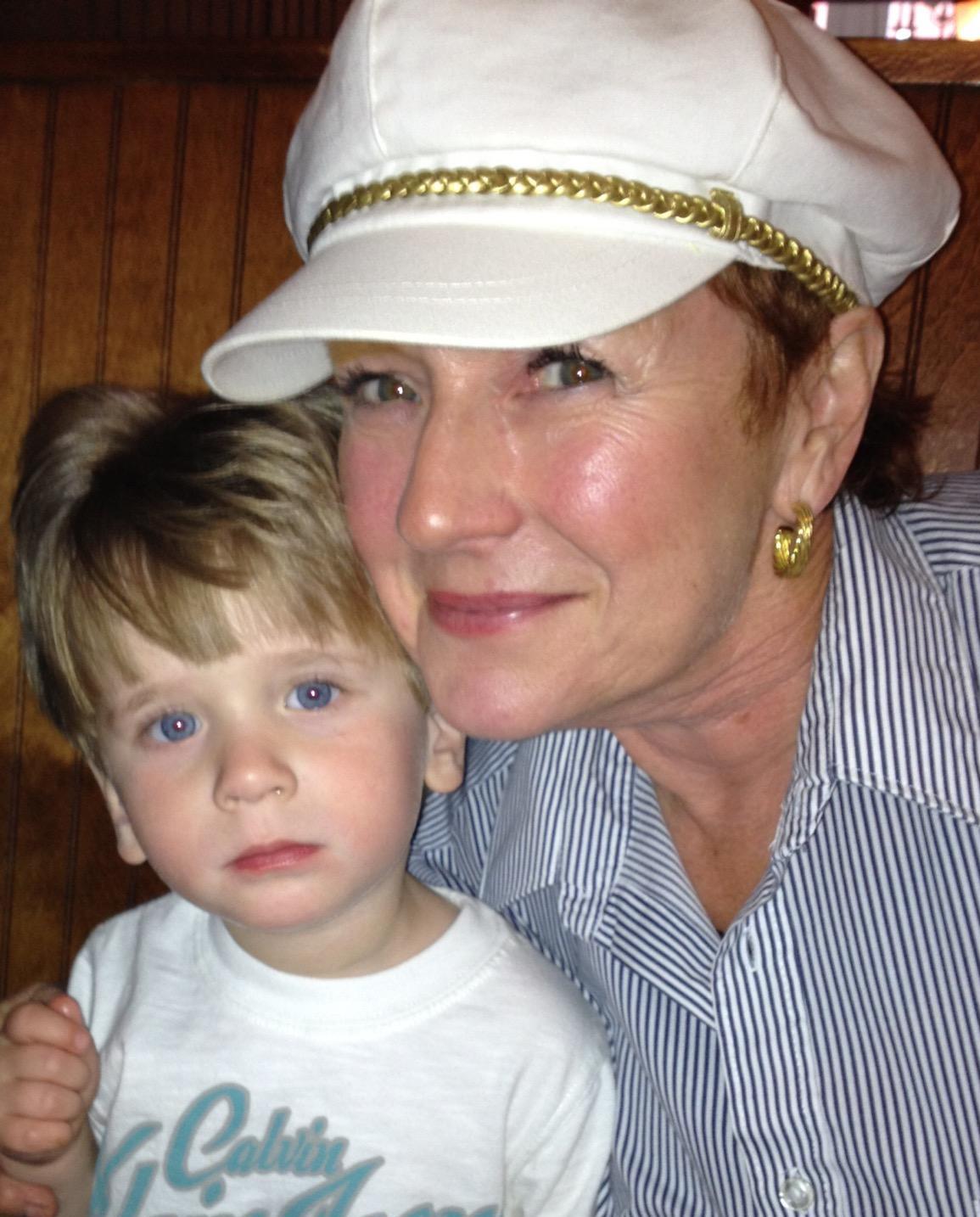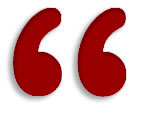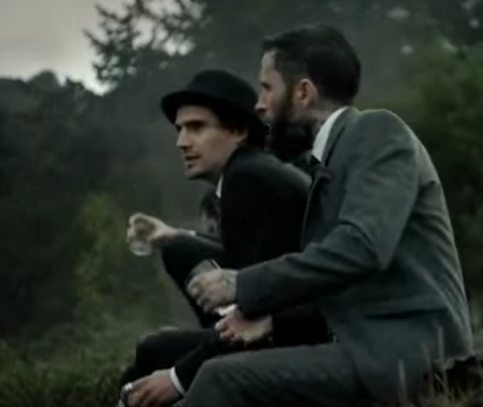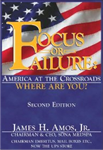When I first wrote Focus on Failure, I did not include a chapter about faith. It was an omission I regretted, and one that I was glad to rectify when the second edition of the book was published. Business leaders often don’t talk much about faith, preferring to talk about sales data, market research and other business metrics that fit more easily onto a spreadsheet.
It’s impossible, however, to reduce all the complexities of the world into a spreadsheet. Everyone, and especially business leaders and other risk-takers, constantly confronts uncertainty and must forge a path and have the fortitude to stick to a vision. No matter how much we plan, how much due diligence we perform, and how much research we do, we cannot know what the future will bring. In spite of all your careful thinking, there will always be a gap between the destination you imagined and the destination itself. Often it takes months or years for a leader to know whether their decisions have made them look like a hero or an idiot. Regardless of the outcome, faith will lead you forward.
Faith is central to who we are
I spoke recently with Dr. Travis Fox, whose new interview series The Rise I highly recommend. We talked after the speech I gave at Secret Knock (an invitation-only leadership event held in San Diego in March), and he asked me to elaborate on the importance of spirituality in business. I am a Christian, and I try to conduct myself in a way that honors Biblical teachings, stumbling along the glorious path that Jesus laid out for his followers.
I told him that the ongoing debate between science and spirituality — what some would call knowledge versus faith — obscures a deep truth about humanity: We all rely on faith.
Thomas Edison did not believe in God or an afterlife but believed fervently in the laws of nature and man’s ability to discover and create. His vision and tenacity is legendary, but his amazing drive was premised upon the idea that with enough work, enough research, enough tinkering, the products he dreamed of would become reality. Faith formed the bridge between his ideas and his inventions.
The very language we use reveals the role faith plays in our lives: I believe, I’m certain that, I feel sure… Faith fills in the gaps in our knowledge. The question then becomes not whether we will live by faith, but by what faith we will live?
Do we place all our faith in science, and in the inventiveness of man? Do we reject religion and spirituality as irrational, as unprovable, or do we embrace it as a light in the vast darkness which represents all that we cannot know?
I do not believe that faith is irrational. It is a road that leads you to truths that you cannot reach any other way. Faith is a form of knowledge that outshines that which we can see, measure, verify and easily catalog.
Every day I pray for forgiveness of sin and for strength of faith, praying that my desire to obey the Lord will grow and strengthen my character and help me be a faithful servant. Faith is no guarantee of success, but it is a steadying presence for the soul, during good times and bad.
I cannot imagine trying to set aside my faith as I provide leadership and guidance. My faith informs my vision. Your faith surely informs yours. Reflect on your faith and how it affects your view of the world, the people around you, and the challenges you face. Faith is a guide. Why would you ever want to set it aside?
C.S. Lewis, an Oxford Don and one of the great modern apologists until his mid thirties, was an avowed atheist. As is true for all of us, his friends played an important part in his life. One friend, Owen Barfield, introduced him to Rudolf Steiner’s idea of “anthroposophy” which extended the scientific method to spiritual things. That changed Lewis’ life. This journey we are all on is a search for Truth and it requires faith.







